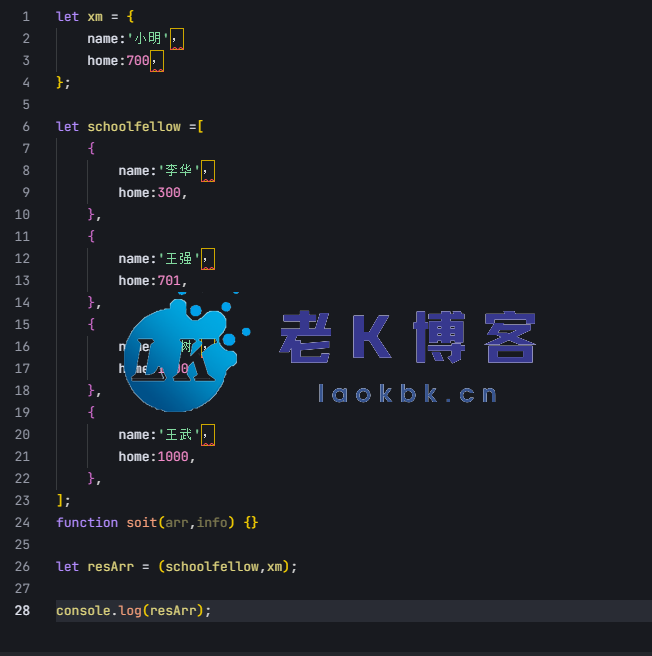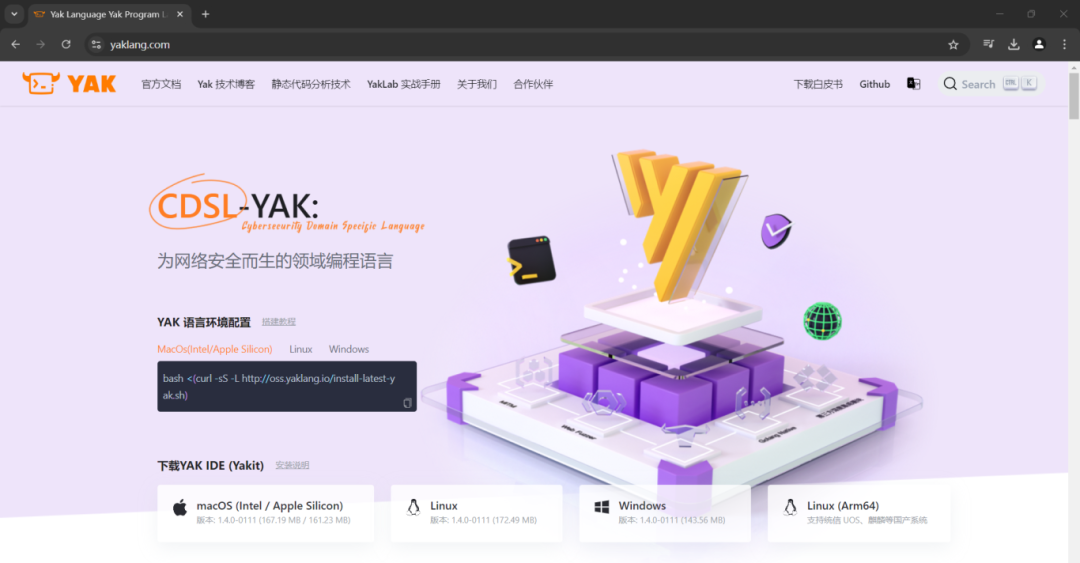如何避免接口重复请求
防抖节流方式(不推荐)
使用防抖节流方式避免重复操作是前端的老传统了,不多介绍了
<template>
<div>
<button @click="debouncedFetchData">请求</button>
</div>
</template><script setup>
import { ref } from 'vue';
import axios from 'axios';
const timeoutId = ref(null);
function debounce(fn, delay) {
return function(...args) {
if (timeoutId.value) clearTimeout(timeoutId.value);
timeoutId.value = setTimeout(() => {
fn(...args);
}, delay);
};
}
function fetchData() {
axios.get('http://api/gcshi) // 使用示例API
.then(response => {
console.log(response.data);
})
}
const debouncedFetchData = debounce(fetchData, 300);
</script>「防抖(Debounce)」 :
- 在setup函数中,定义了timeoutId用于存储定时器ID。
- debounce函数创建了一个闭包,清除之前的定时器并设置新的定时器,只有在延迟时间内没有新调用时才执行fetchData。
- debouncedFetchData是防抖后的函数,在按钮点击时调用。
<template>
<div>
<button @click="throttledFetchData">请求</button>
</div>
</template><script setup>
import { ref } from 'vue';
import axios from 'axios';
const lastCall = ref(0);
function throttle(fn, delay) {
return function(...args) {
const now = new Date().getTime();
if (now - lastCall.value < delay) return;
lastCall.value = now;
fn(...args);
};
}
function fetchData() {
axios.get('http://api/gcshi') //
.then(response => {
console.log(response.data);
})
}
const throttledFetchData = throttle(fetchData, 1000);
</script>「节流(Throttle)」 :
- 在setup函数中,定义了lastCall用于存储上次调用的时间戳。
- throttle函数创建了一个闭包,检查当前时间与上次调用时间的差值,只有大于设定的延迟时间时才执行fetchData。
throttledFetchData是节流后的函数,在按钮点击时调用。
节流防抖这种方式感觉用在这里不是很丝滑,代码成本也比较高,因此,很不推荐!请求锁定(加laoding状态)
请求锁定非常好理解,设置一个laoding状态,如果第一个接口处于laoding中,那么,我们不执行任何逻辑!
<template> <div> <button @click="fetchData">请求</button> </div> </template> <script setup> import { ref } from 'vue'; import axios from 'axios'; const laoding = ref(false); function fetchData() { // 接口请求中,直接返回,避免重复请求 if(laoding.value) return laoding.value = true axios.get('http://api/gcshi') // .then(response => { laoding.value = fasle }) } const throttledFetchData = throttle(fetchData, 1000); </script>这种方式简单粗暴,十分好用!
「但是也有弊端,比如我搜索A后,接口请求中;但我此时突然想搜B,就不会生效了,因为请求A还没响应」!

因此,请求锁定这种方式无法取消原先的请求,只能等待一个请求执行完才能继续请求。
axios.CancelToken取消重复请求
axios其实内置了一个取消重复请求的方法: axios.CancelToken ,我们可以利用 axios.CancelToken 来取消重复的请求,爆好用!
首先,我们要知道,aixos有一个config的配置项,取消请求就是在这里面配置的。
<template>
<div>
<button @click="fetchData">请求</button>
</div>
</template>
<script setup>
import { ref } from 'vue';
import axios from 'axios';
let cancelTokenSource = null;
function fetchData() {
if (cancelTokenSource) {
cancelTokenSource.cancel('取消上次请求');
cancelTokenSource = null;
}
cancelTokenSource = axios.CancelToken.source();
axios.get('http://api/gcshi',{cancelToken: cancelTokenSource.token}) //
.then(response => {
laoding.value = fasle
})
}
</script>我们测试下,如下图:可以看到,重复的请求会直接被终止掉!

官网使用方法传送门:https://www.axios-http.cn/docs/cancellation
const CancelToken = axios.CancelToken;
const source = CancelToken.source();
axios.get('/user/12345', {
cancelToken: source.token
}).catch(function (thrown) {
if (axios.isCancel(thrown)) {
console.log('Request canceled', thrown.message);
} else {
// 处理错误
}
});
axios.post('/user/12345', {
name: 'new name'
}, {
cancelToken: source.token
})
// 取消请求(message 参数是可选的)
source.cancel('Operation canceled by the user.');也可以通过传递一个 executor 函数到 CancelToken 的构造函数来创建一个 cancel token:
const CancelToken = axios.CancelToken;
let cancel;
axios.get('/user/12345', {
cancelToken: new CancelToken(function executor(c) {
// executor 函数接收一个 cancel 函数作为参数
cancel = c;
})
});
// 取消请求
cancel();注意: 可以使用同一个 cancel token 或 signal 取消多个请求。
在过渡期间,您可以使用这两种取消 API,即使是针对同一个请求:
const controller = new AbortController();
const CancelToken = axios.CancelToken;
const source = CancelToken.source();
axios.get('/user/12345', {
cancelToken: source.token,
signal: controller.signal
}).catch(function (thrown) {
if (axios.isCancel(thrown)) {
console.log('Request canceled', thrown.message);
} else {
// 处理错误
}
});
axios.post('/user/12345', {
name: 'new name'
}, {
cancelToken: source.token
})
// 取消请求 (message 参数是可选的)
source.cancel('Operation canceled by the user.');
// 或
controller.abort(); // 不支持 message 参数本文共 615 个字数,平均阅读时长 ≈ 2分钟











评论 (0)